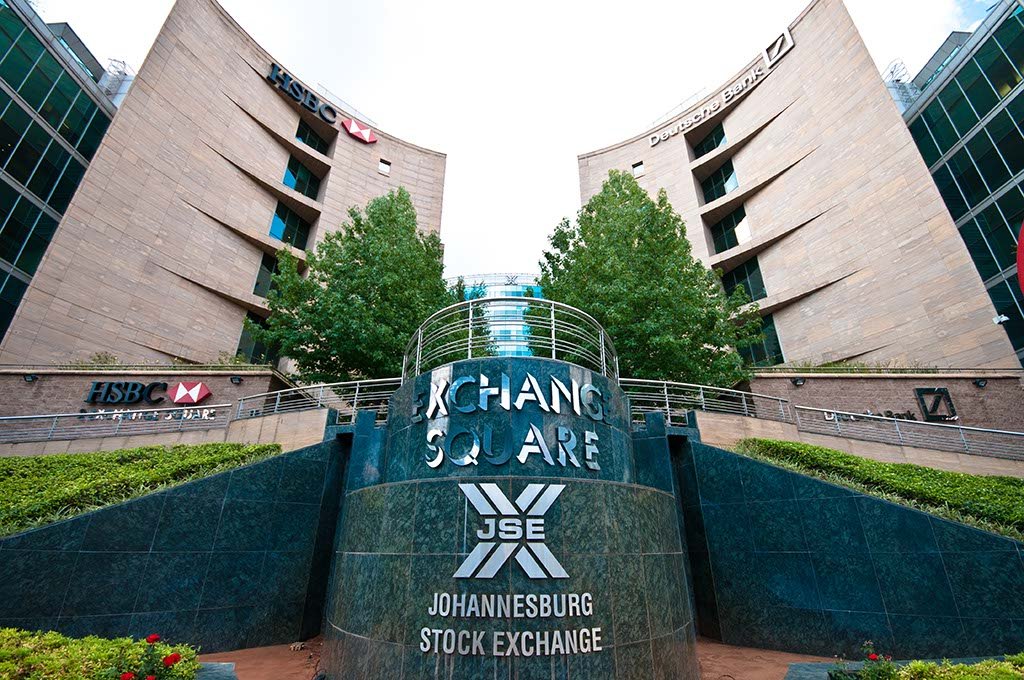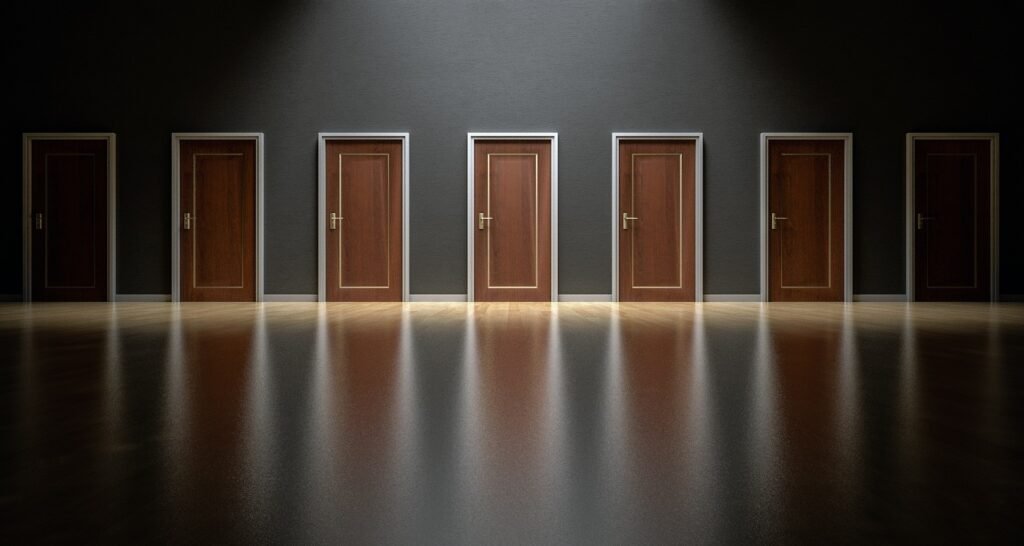
Many of us are familiar with or have heard of Wall Street and a plethora of other stock exchanges. We are familiar with the gravitas that such institutions hold, i.e. different asset classes that run our lives, from bonds to stocks to real estate, and currency trading that takes place here.
Some who are old enough also have a first-hand experience of the carnage that comes with the collapse or ‘crash’ of such institutions. Think of twenty-o-eight.
But people seldom notice that a big demise on some part of us is likely imminent or has happened already. We are indifferent to markets in this sense. I believe this is a natural part of who we are. Meaning its eventuality is caused by factors which make us human.
Have you ever encountered someone who, to you, was incredibly talented in some sport but lacked ‘everything else’? A person who could be the next ‘big’ thing if only they could get their act together?
What if I proposed that the source of life, natura, nature, is not fazed by who succeeds or doesn’t?
But instead that it is most likely a game of probability, i.e. higher human populations implies more people achieving. It’s a holistic game rather than an individualistic one. Meaning life focuses its energies more on ensuring human reproduction and altered states of thinking due to surviving stretched ecosystems.
Before I make my point and onramp to the main topic, let me paint this gory scenario: I am not convinced that individual human tragedies are tragic on a cosmological scale. It may not be as bad a rude awakening as we may think. Yes, I do not believe any tragedy is ever in vain, but it’s most certainly close to it. Scientifically, we may say that the combined human energy and consciousness is, relating to the universe, minuscule at best.
If life is about numbers, i.e. reproduction/growth and growth in consciousness, then it implies that human salvation lies within us, but we may realise this or walk into its truth sometime in the distant future.
But, and I still emphasise; everything is holistic and not individualistic. Personal tragedy may be close to being in vain, but still not quite.

People constantly suffer from the ‘big crunch’, and it’s nothing personal.
How many ‘little, yet remarkable’ insights have you had just this morning, and can you remember them all? What about dreaming, can you remember the great intel that came to you via dreams whilst asleep? And how much of that can you safely use in your life?
That is what I mean by ‘crunch’! Our ability to forget things which may transform our lives. It feels as though several dimensions are closing in on us every day. And forgetfulness is just one aspect.
All of this manifests into collapsed sectors of our lives, and even when we can determine the issues, it remains a mystery why they happened to begin with.
And the factors influencing our being and our girth are everyday things. Things that we can’t be without. It is a puzzle!
As I have alluded to earlier, forgetfulness is one of our most obvious ‘crunches’. Others may be impulsiveness, which can be compartmentalised into greed, envy, deceit etc.
My observations are that, with training, things may get better. People should be trained to handle themselves better. But if you expect certain behaviours and outcomes from people, then altering their environment is the key.
For instance, stock exchanges are designed to be competitive, thus invoking predominantly negative human qualities. The very same truth applies to our everyday lives. Environmental factors beyond our control influence our outcomes. Some people will fail to reach some results, although they desired to, simply because another person altered their focus. For some, this may cut short what would have been a prosperous career. We can say this for drunk driving, erratic behaviour, injuries, .etc. All these factors seem to be of our own making until they don’t.

It is a dilemma of choice. We suffer from a dilemma of choice!
That is because all the projected outcomes of a choice are insufficient in themselves, so we settle for a best-fit scenario. Every decision is never foolproof. It’s just relative to something.
So is the ‘crunch’ unavoidable? Yes, for the vast majority of people, it is. It is part of the dynamic. The world functions on pawns. Pawns are people who fail to realise or maintain an ideal because the crunch stole their inspiration and will to go on. So they settled and submitted to the tides of life. Fortunately, they get to keep their story, a story of their life. And better yet, no other person’s story is better than the others. They’re just different stories.
Remember, pawns are situational, not necessarily permanent.
In a chess game, pawns have as much significance as the bishops, knights and castles. They are the frontline, without which the game is impractical. Fortunately, reality does not make for Kings and Queens, whose non-existence would deem life impracticable. So your most fulfilled people in this world are castles at best, mostly knights and bishops, though!

But they, too, suffer from crunches, which in mainstream terms are called setbacks—many of which they never recover from, all outside their control.
So, in the end, we are mainly dealt the same misfortunes, but some of us will have a more precise direction. The concept of generational wealth, I think, has to do with one person attempting to surmount inevitable failures to ensure that their offspring don’t. But unbeknownst to us, many people are yet to reach that ideal. Unless I need to include something fundamental, this remains true.
Thank you for reading.
Go back here.



